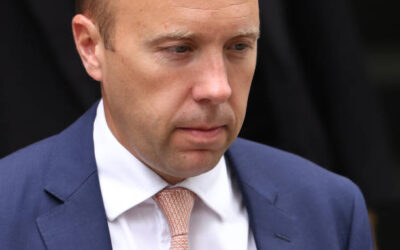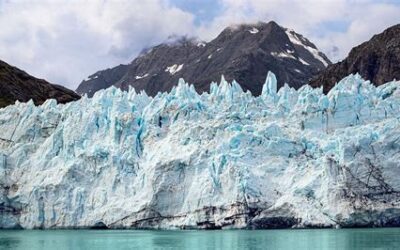This video is a calm, unhyped presentation of the ten most important factors affecting our climate. The last one, number 1, is the effect of solar wind. This is actually the easiest one to follow and the most significant one to understand. There is agreement from all credible scientists, on the impact the solar wind, in conjunction with cosmic rays, has on our climate.
It is not discussed in the video, but again it is not in dispute, that we are going into a period of low sunspot activity. This invariably means more cloud formation. Any increase in cloud, results in a temperature drop. Hence it is believed by all climatologists outside the man-made-warming alarmists, that we are heading into a cooling stage of the sun’s 11 year cycle.
Apart from the fact that the climate alarmists will have to dream up a reason for the cooling, it is actually not something to be welcomed. Historically, times of global warming have been the most prosperous times for the planet. Conversely, global cooling has brought hardship.
In Roman times there was a warm period which facilitated their conquest of distant lands. This was followed by global cooling, which brought in the Dark Ages, when life was more difficult.
The global warming from 900 to 1300 AD allowed the Vikings to settle and farm in Greenland. Vineyards were established in England at the same time. After 1300 AD it became too cold to farm on Greenland. The world was then entering the Little Ice Age, which lasted for several centuries. It was not a great time to live.










0 Comments